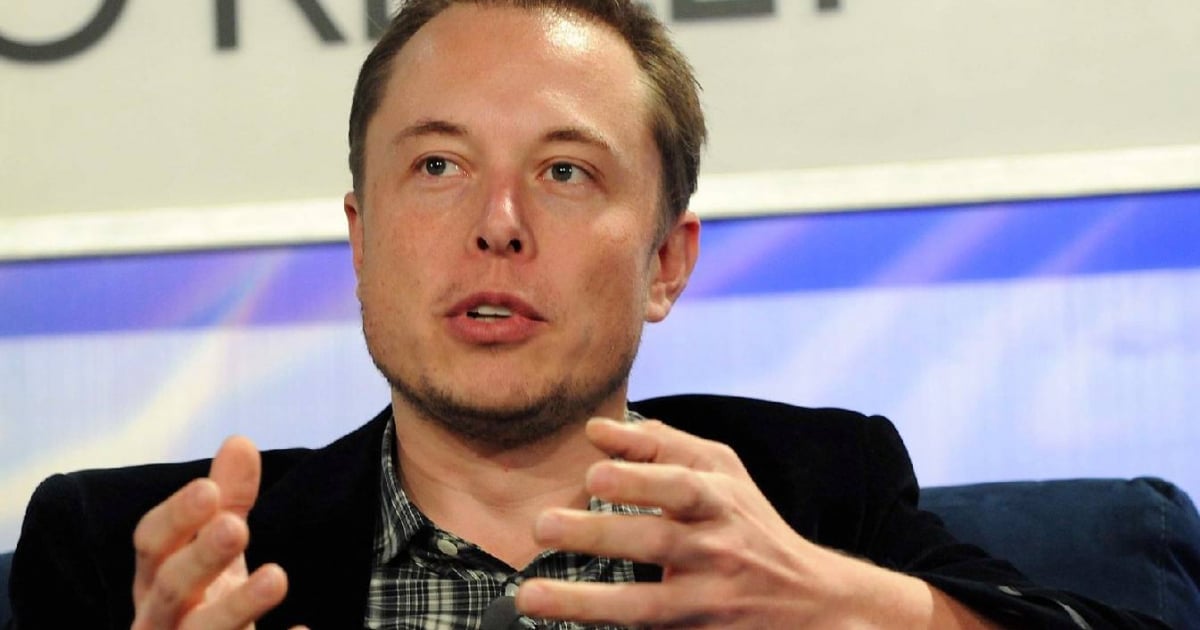
Businessman Elon Musk, in collaboration with elected president Donald Trump, announced a radical plan to drastically reduce bureaucracy and government spending in the United States.
Musk, along with entrepreneur Vivek Ramaswamy, will lead the newly created Department of Government Efficiency (DOGE) with the goal of implementing structural reforms that promise massive staff cuts and savings of over $500 billion in the federal budget.
In a paid article published in The Wall Street Journal, Musk described government bureaucracy as an "existential threat" to American democracy.
According to the businessman, the proliferation of regulations enacted by federal agencies without congressional approval is undemocratic and goes against the principles of the country's founders.
"The president has a historic opportunity to reverse decades of bureaucratic abuse by invalidating thousands of regulations not authorized by Congress," Musk stated.
The plan, backed by a conservative majority in the Supreme Court and the executive powers of Trump, focuses on three key areas:
Rescission of regulations: Eliminate unnecessary rules imposed by federal agencies.
Administrative reduction: Significant staff cuts in the government.
Cost savings: Identify and eliminate expenses deemed unnecessary, including funding for programs such as public broadcasting and organizations like Planned Parenthood.
The DOGE team, made up of legal and technical experts, will work closely with the Office of Management and Budget of the White House, the text states.
This Thursday, the owner of Tesla focused on one of his proposals: eliminating remote work among government employees.
In a post this morning, he questioned why taxpayers should pay to maintain vacant public offices, one of the points in his plan.
Musk cites a report from the Public Buildings Reform Board (PBRB), published last April, which found that, on average, federal offices in the U.S. capital have a daily occupancy rate of 12%.
"The Department of Agriculture, with space for over 7,400 people, receives an average of 456 daily (6% occupancy)," Musk explained.
Citing a report from the independent federal agency established in 2016 to recommend ways to utilize unused federal properties, it stated that the Public Buildings Service spends $2 billion annually to maintain office space for government agencies, as well as $5 billion each year to lease space for these agencies, much of which remains unused.
The collaboration between Trump and Musk marks a surprising turn in their relationship. Although Musk openly criticized Trump in 2022, he has become a key ally in recent years, allocating more than 150 million dollars to support his campaign and taking on a strategic role in his administration.
“We are entrepreneurs, not politicians. We are not here to cut ribbons; we are here to cut costs,” wrote Musk and Ramaswamy.
The ambitious plan has generated both support and criticism. While its advocates argue that it will reduce the size of government and increase efficiency, opponents warn that massive cuts could impact essential services and raise unemployment.
The government efficiency program is emerging as one of the boldest initiatives of Trump’s next term, with Musk spearheading a campaign that could redefine the structure of the federal government.
Filed under: